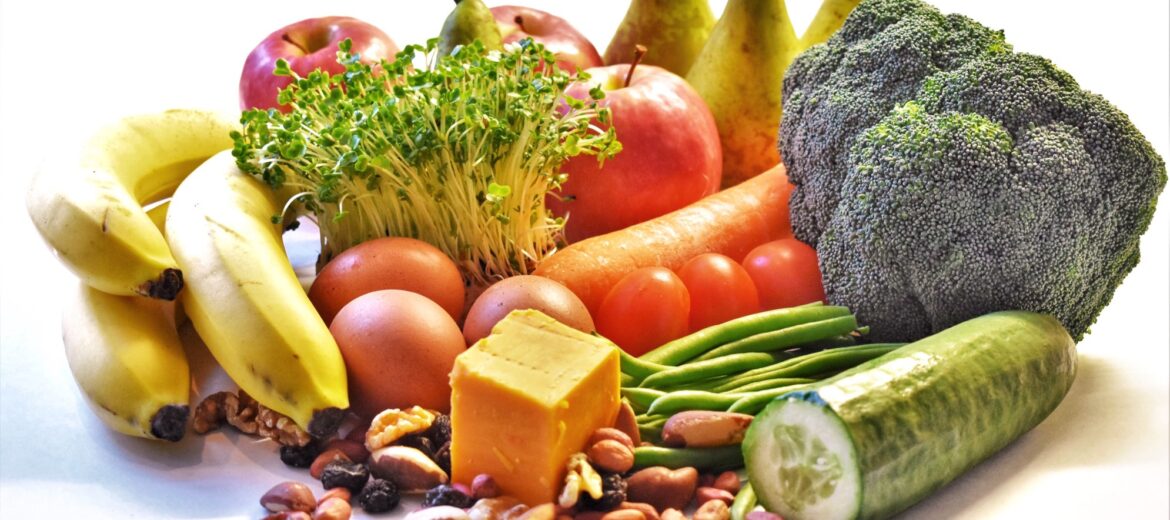What you put into your body has a direct effect on your health and well-being. Nutrients, such as vitamins and minerals, are required to keep your body healthy and functioning properly. With that being said, one of the ways you can protect your ears is to eat more of the foods that improve hearing. While nothing is a miracle cure, eating right benefits your ears, as well as your body, and can help keep your ears healthy. Think of it as another form of hearing protection, outside of wearing noise-canceling headphones or earplugs.
If you want to help keep your body and your ears healthy, eat more of the foods that improve hearing!
Magnesium
Magnesium can help maintain nerve function and help protect the hair cells in the inner ear when exposed to loud noises. Magnesium can also help improve blood flow, while a lack of it can cause oxygen deprivation. So to help keep your ears healthy, and to help guard against hearing loss (especially noise-induced), eat more of these magnesium-rich foods:
Dark chocolate, pumpkin seeds, flax seeds, nuts (particularly Brazil nuts, cashews, and almonds), whole grains, avocados, salmon, legumes, kale, spinach, and bananas.
Potassium
It is believed that a drop in the levels of fluid in the inner ear can contribute to hearing loss, but getting enough potassium can help regulate the fluid in the body. As you age, your potassium levels are more likely to drop, so make sure you get enough potassium-rich foods in your diet:
Cucumbers, mushrooms, sweet potatoes, potatoes, eggs, bananas, apricots, cantaloupe, oranges, peas, avocados, spinach, coconut, watermelon, and edamame.
Folate
Your circulation plays a crucial role in your ears’ health, and folate can help increase circulation in the body. Proper circulation helps keep the inner ear’s hair cells healthy, so it’s understandable that getting enough folate in your diet can help prevent hearing loss. Up your folate intake by eating these folate-rich foods:
Brussels sprouts, kale, spinach, broccoli, peas, kidney beans, chickpeas, liver, fortified breakfast cereals, whole grains, lemons, melons, bananas, eggs, peanuts, and sunflower seeds.
Zinc
Believed to help with cell growth, zinc can also help boost the immune system, helping to ward off ear infections. Eating enough zinc has also been linked to a lowered chance of developing tinnitus and presbycusis. To help boost your immune system and your ability to heal, add more of these zinc-rich foods into your diet:
Dark chocolate, oatmeal, yogurt, beans, lentils, peanuts, cashews, oysters, lobster, crab, pork, beef, dark meat chicken, mushrooms, kale, spinach, garlic, and pumpkin seeds.
Omega-3s
Omega-3s are often overlooked, but getting enough fatty acids in your diet can help keep your ears functioning properly as you age. Omega-3 fatty acids can help delay or prevent age-related hearing loss, so make sure you add more of the following foods to your plate:
Walnuts, flax seeds, chia seeds, fortified eggs, fortified milk, hemp seeds, purslane, Brussels sprouts, spinach, sardines, tuna, mackerel, herring, oysters, and salmon.





